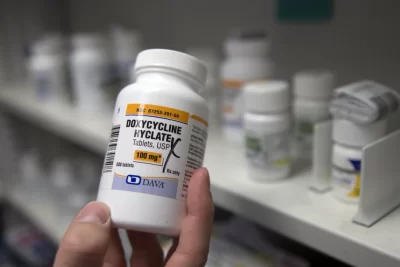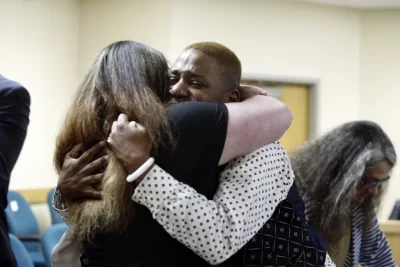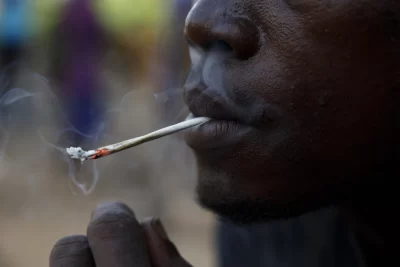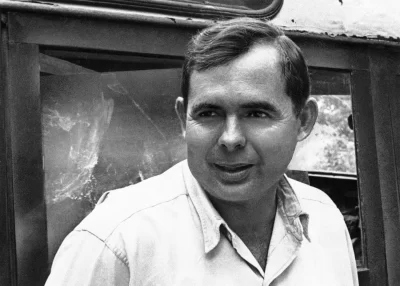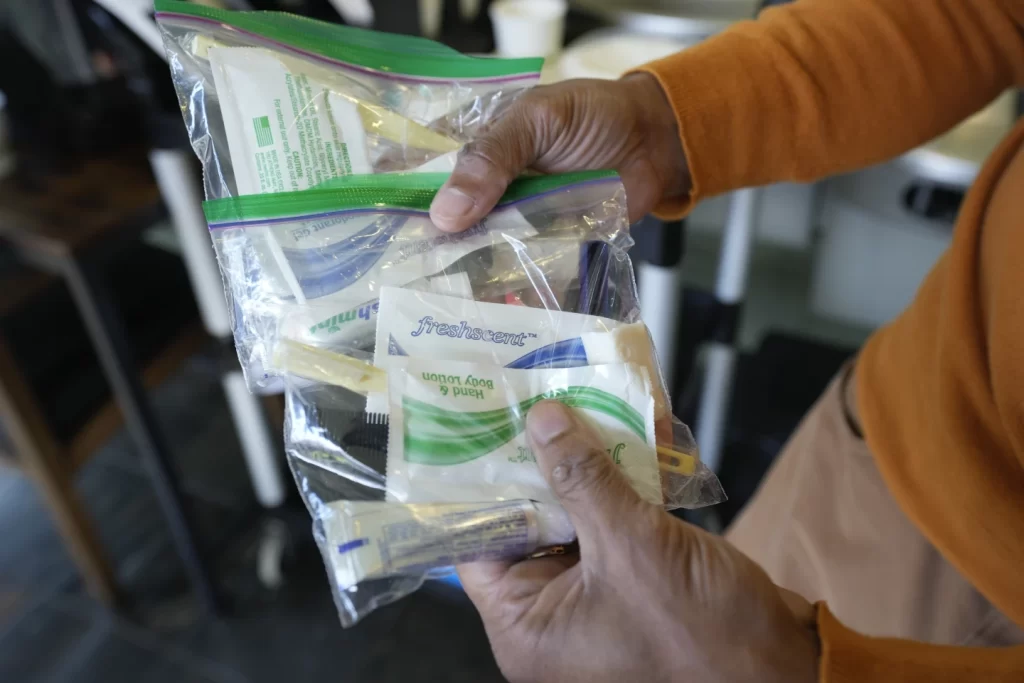
OROVILLE, Calif. — Democratic California Gov. Gavin Newsom is urging voters to approve a ballot initiative that he says is needed to tackle the state’s homelessness crisis, a change social providers say would threaten programs that keep people from becoming homeless in the first place.
In 2004, voters approved legislation that imposed a tax on millionaires to finance mental health services, generating $2 billion to $3 billion in revenue each year that has mostly gone to counties to fund mental health programs as they see fit under broad guidelines.
Now Newsom wants to give the state more control over how that money is spent. Proposition 1, before voters on the March 5 ballot, would require counties to spend 60% of those funds on housing and programs for homeless people with serious mental illnesses or substance abuse problems.
The single formula would mean rural counties like Butte, with a homeless population of fewer than 1,300 people, would be required to divert the same percentage of funds to housing as urban counties like San Francisco, which has a homeless population six times bigger. San Francisco Mayor London Breed said she supports the measure. Butte County officials have expressed concerns.
The funding from the millionaire tax in Butte County has mostly gone to prevention services to combat high suicide and childhood trauma rates. Officials estimated they would have to divert at least 28% of current funding from existing programs toward housing. They say the change could cause cultural centers, peer-support programs, vocational services and even programs working with homeless people to lose funding.
Tiffany McCarter burst into tears when talking about how the African American Family & Cultural Center she runs in rural Oroville, a city in Butte County, might have to close its doors. The 14-year-old center with a mission of breaking the cycle of trauma in the Black community relies heavily on mental health funding from the county.
The center offers an after-school program, art and dance classes and anger management sessions — designed to steer young people away from the streets. McCarter said some have learning disabilities or parents who are incarcerated.
“I’d love to solve the homeless problem,” McCarter, the center’s executive director, said as the halls filled with laughter of children who ran around her to win her attention. “But then which one of my kids are we going to leave behind?”
With makeshift tents lining streets and disrupting businesses in communities across the state, homelessness has become one of the most frustrating issues in California and one sure to dog Newsom should he ever mount a national campaign. The Democratic governor has raised about $10 million to back the ballot measure and has appeared in television ads promoting it, indicating it’s one of his top political priorities.
Already he has pushed for laws that make it easier to force people with behavioral health issues into treatment, and he touts the proposition as the final piece of the new approach.
“We are in a unique position to take what we have been promoting — these promises — and make them real, and finally address the issue that defines more stress and more frustrations than any other issue in this state,” Newsom said at the proposition kickoff event.
The two-part measure would authorize the state to borrow $6.38 billion to build 4,350 housing units, half of which would be reserved for veterans. It also would add 6,800 mental health and addiction treatment beds.
Newsom’s administration has already spent at least $22 billion on various programs to address the crisis, including $3.5 billion to convert rundown motels into homeless housing. California is also giving out $2 billion in grants to build more treatment facilities.
But the crisis is worse than ever, many say.
The state accounts for nearly a third of the homeless population in the United States; roughly 181,000 Californians are in need of housing. A recent survey by the University of San Francisco’s Benioff Homelessness and Housing Initiative found about two-thirds of homeless people in California suffer from a mental health disorder, but only 18% had received recent treatment and only 6% had received any addiction treatment despite rampant abuse.
The state needs some 8,000 more beds to treat mental health and addiction issues, according to researchers who testified before state lawmakers last year.
California currently has 5,500 beds, down from as many as 37,000 more than a half-century ago, the governor said.
The proposal could also add beds in locked psychiatric facilities, which advocates say could force more people into involuntary treatment. Newsom and state lawmakers haven’t decided on what types of facility would be built.

